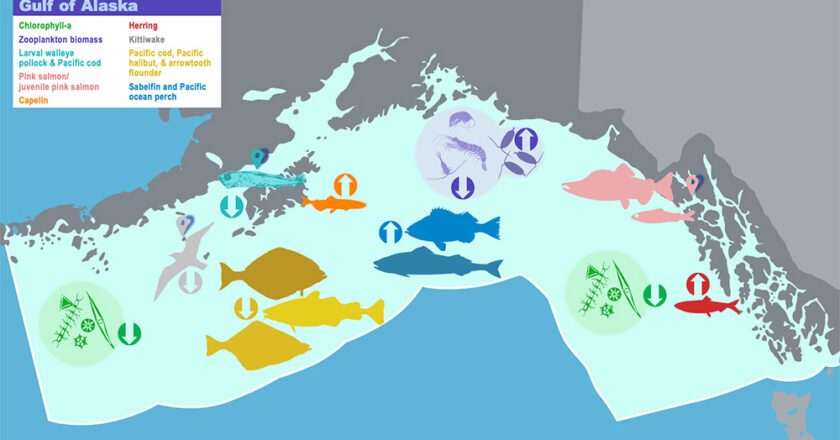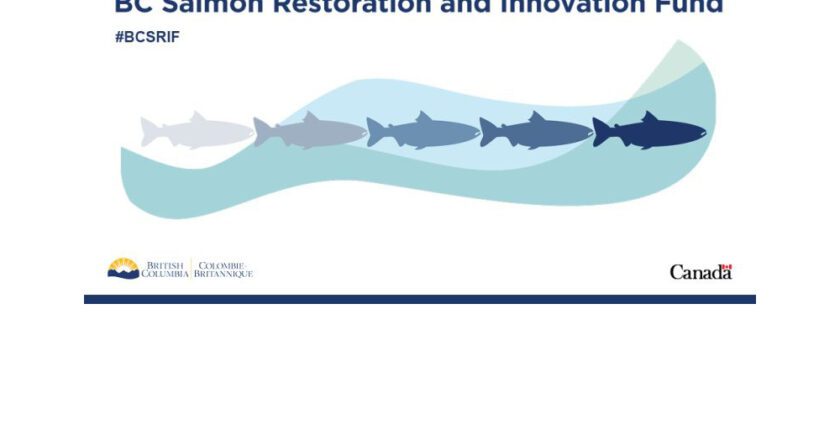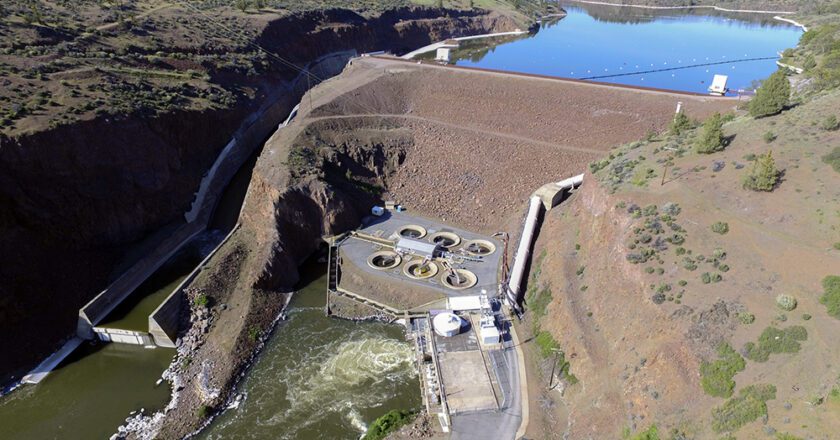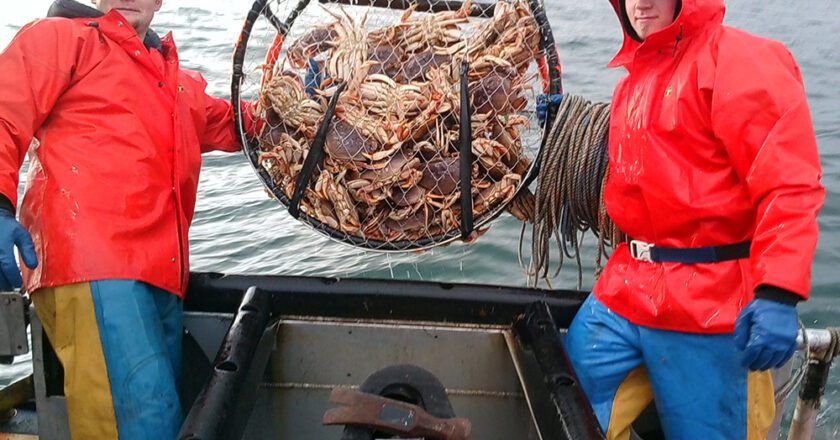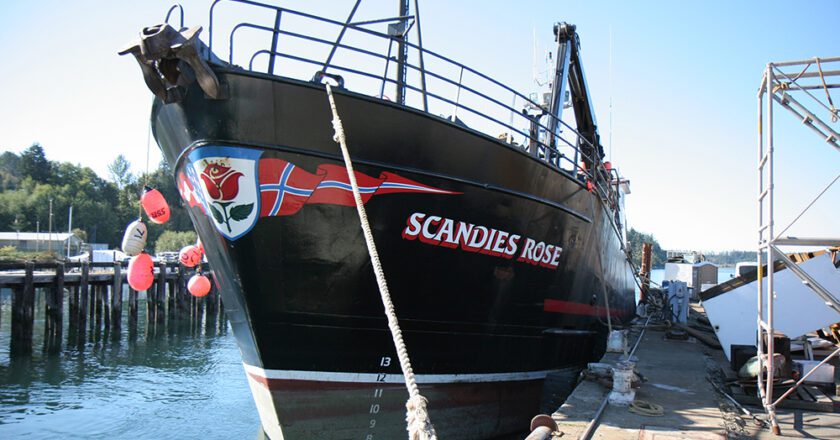SOLAS & Visual Distress Signals
Visual Distress Signals (VDS) in the form of flares and orange smoke have been available for over 100 years. Although marine emergency signals via radios and satellite technology now provide worldwide coverage, a red flare on a dark night can still improve your odds of being seen and give a message of distress in an emergency.
Consider this: about 15 years ago in New England, a woman woke up suddenly in the middle of the night. Unable to get back to sleep, she got up and looked out of her bedroom window, which had an expansive view of the sea and night sky.
At that very moment, she saw a bright red meteor distress flare far out at sea arc through the night sky and fall slowly back to earth. She immediately called 911. Call it coincidence or divine intervention, a fishing crew was saved...


